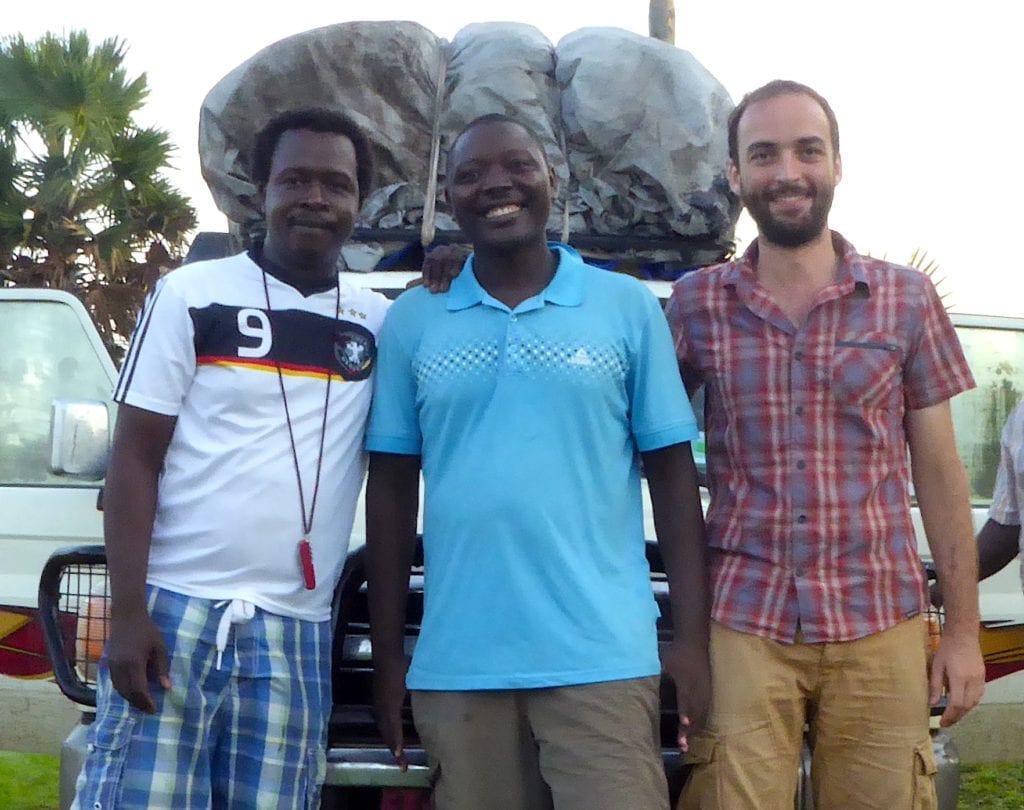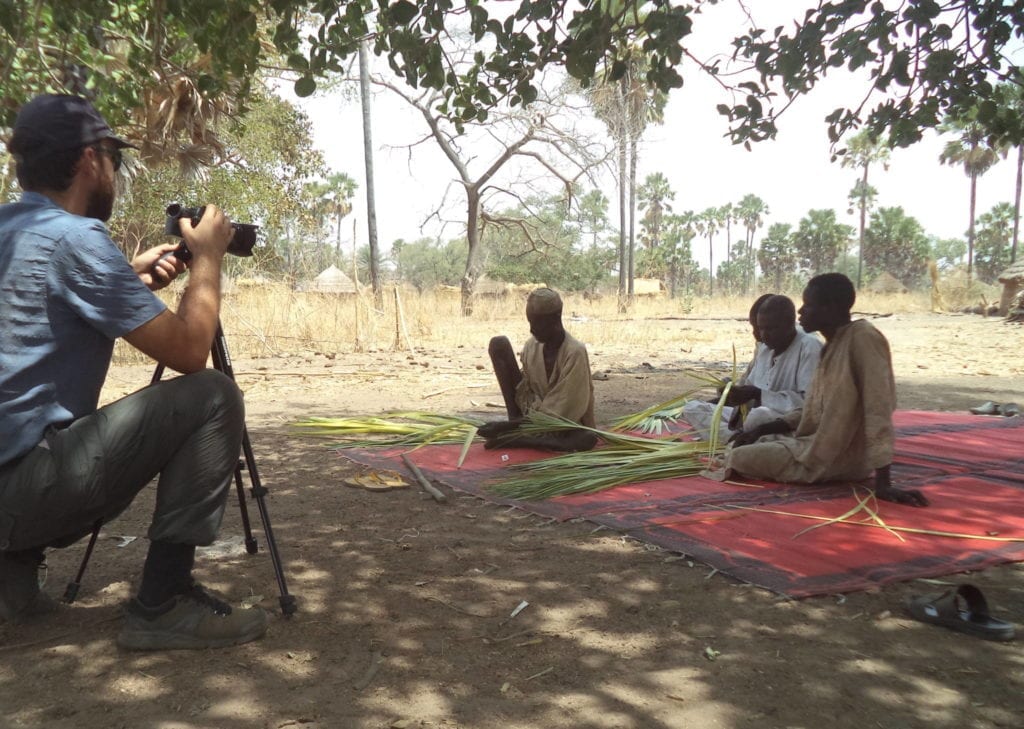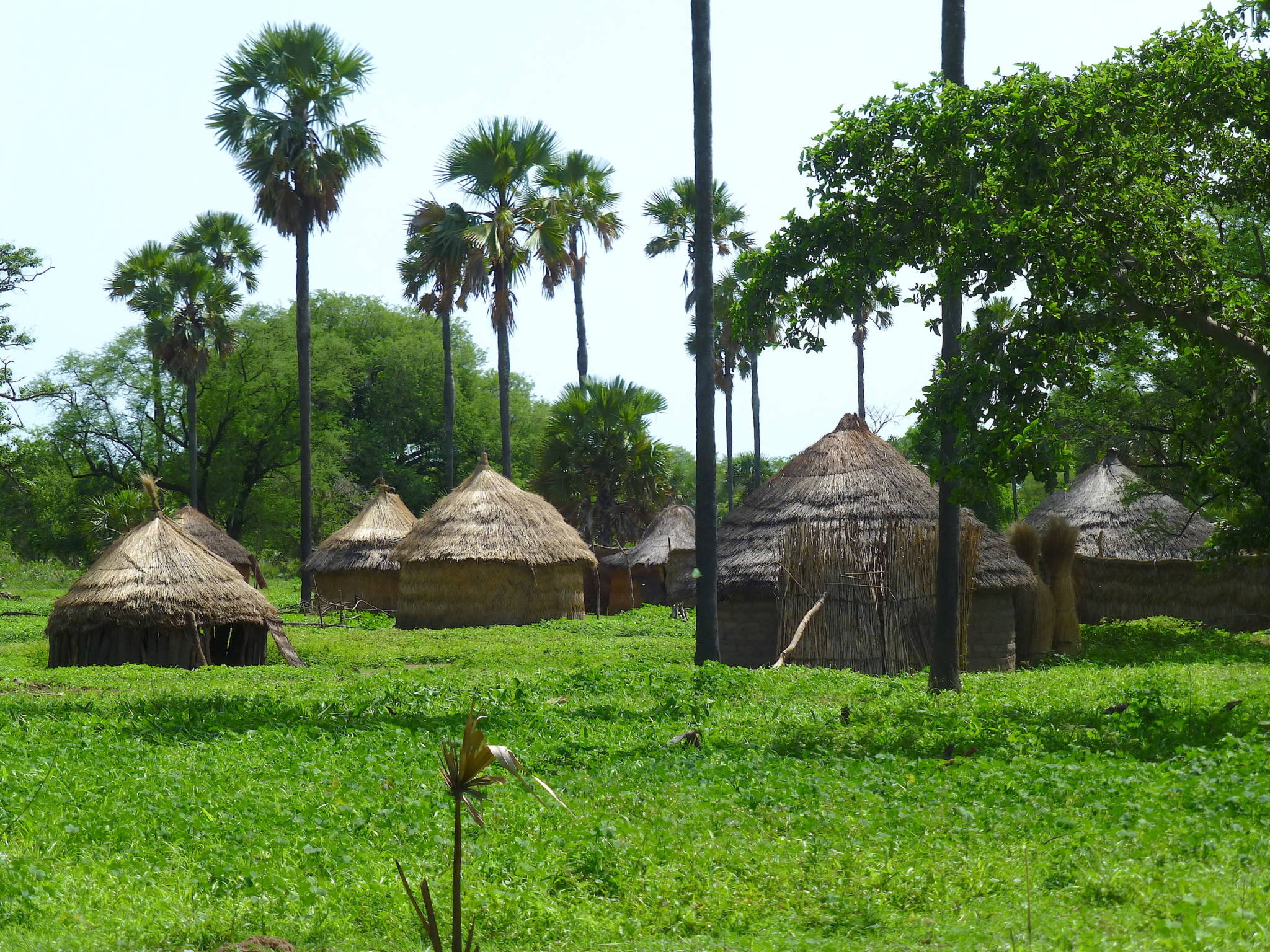By the Humanities Council
In summer 2020, Florian Lionnet, Assistant Professor of Linguistics, was awarded a National Science Foundation (NSF) grant for “Dynamic Language Infrastructure-Documenting Endangered Languages.” The three-year grant supports the documentation of the Kulaale language of southern Chad.
Chad is home to 130 languages, mostly spoken by small populations, and threatened by globalization and ongoing socioeconomic changes. Very few of these languages are described. The Kulaale documentation project is a three-year collaborative project whose primary goal is to provide a thorough documentation and description of the Kulaale language, also known as Fanya, an undocumented Adamawa language of the Bua subgroup.

The project will be carried out by an international and multidisciplinary research team including Lionnet and two Chadian researchers: anthropologist Remadji Hoinathy and ethnobotanist Ngomde Djasnabaye (Research Center in Anthropology and Human Sciences – CRASH, N’Djamena, Chad). The data collection will take place in the Kulaale speaking area, where the research team will spend a total of eight months over the next three years, broken down into four two-month field trips.
The linguistic component will produce the first substantial documentation of the Kulaale language in the form of an online archive of audio/video recordings of various language use types and genres, transcribed and translated into French and English: conversations, personal narratives, folktales, songs, interviews, etc. The cultural documentation, carried out in collaboration with a Hoinathy and Djasnabaye, will encompass socio-economic organization, oral history, religious practices, material culture, and environmental knowledge. This work will result in hours of video recordings of general ethnographic documentation and interviews, available in the online archive. This archive will constitute a long-lasting record of the language as it is spoken today, available to researchers and the Kulaale community alike.

The results of the research will be disseminated via a reference grammar, an ethno-historical monograph, an ethnobotanical database and detailed report on plants and their uses among the Kulaale speaking community, as well as scientific publications on various aspects of the structure of the language. Lionnet will, in close collaboration with community members, design a practical orthography for the language, and organize workshops to teach interested community members to read and write in their language. Three pedagogical documents will be produced: an orthography primer, a Kulaale-French-English lexicon, and a bilingual Kulaale-French text collection. All will be made accessible in print for use by the community.
The project will offer the opportunity to train Kulaale community members in language documentation and involve them actively in the project. US and Chadian undergraduate students will also be involved in the project and receive training in language documentation. Finally, the project is an opportunity to foster international connections between Princeton faculty and students and scholars in Chad.
NSF supports research and people in fields of fundamental science and engineering, to create knowledge that transforms the future. See the NSF award information here.
Read more about Florian Lionnet’s work here.
















